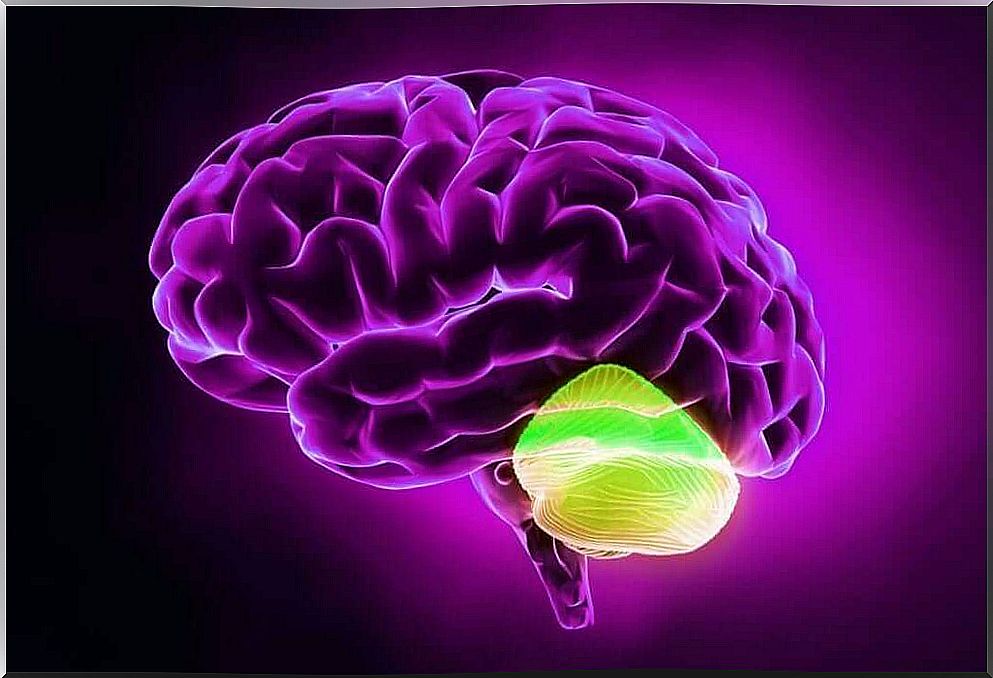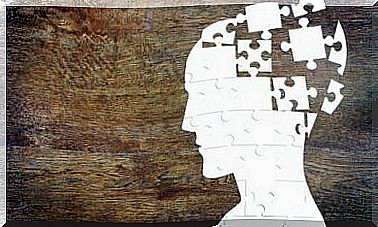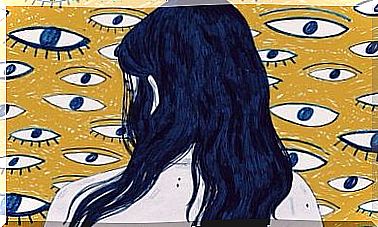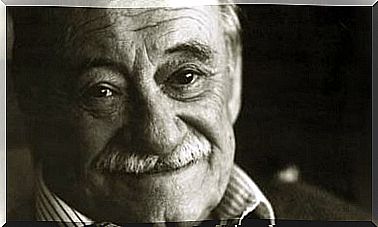The Importance Of Brain Fingerprints
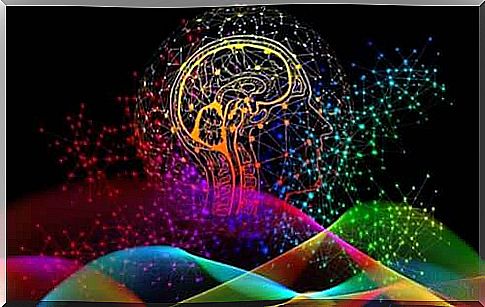
People are made up of cells, tissues, a beating heart and an outer skin that protects us, but also memories. The lived experiences trace the fingerprints of the brain. They do it to such an extent that no brain is exactly the same as another. Each of us is unique and exceptional.
But above all, it is how we remember each of these experiences that determines who we really are. We reside in a self made of memories. How we interpret each experience is stored in the vast vault of our memory.
This very particular, complex and transcendent process is what makes us all so different. It is true that the organization and architecture of the brain are universal. However, in its depths, the connections are unique and leave a neurological signature unique to each.
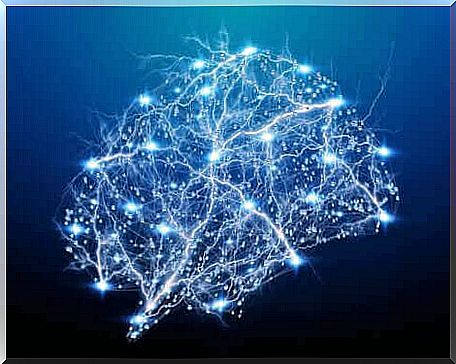
What are brain fingerprints?
Despite the fact that neuroscience is giving us more and more answers and information about the functioning of the brain, we continue to harbor great doubts. So much so that this organ raises almost the same mysteries as the universe itself.
We still don’t know, for example, how to fix lost memory in an Alzheimer’s patient. We know how to deal with a broken leg, but we don’t know how to fully recover the capacities of a patient with severe head trauma or how to deal with a child with severe autism spectrum disorder.
Thus, we limit ourselves to facilitating their quality of life, to rehabilitating them to a certain extent but without facilitating total and absolute normality. Despite this, progress continues to be made and the hope of achieving this goal is palpable.
Just a few days ago, the University of Rochester in New York took a new step in this journey by understanding a little more the riddles that are inscribed in the brain. Now we know that each of us has our own neurological signatures that define who we are.
Our memories and sensations create our “fingerprints”
The research led by Dr Andrew James of the University of Rochester was published in November in the scientific journal Nature Communications . Here’s what she reveals:
- Each person builds their memory using the regions of the brain that are suitable for these processes. However, the brain creates networks, that is, different neural connections depending on how we integrate each memory.
- For example, each experience is filtered through the emotional universe. Sometimes these images or experiences of the past are covered by specific emotions in which the colors, the smells are also integrated …
- All of this creates its own distinctive neurological signatures. In other words, each experience shapes networks of brain organization that form a kind of fingerprint (or brain). And this imprint is unique and appropriate for each individual.
The challenge of knowing how everyone organizes their memories
One of the challenges facing neuroscience today is learning more about fingerprints in the brain. This is where cognitive science comes in as well. It seeks to understand how we organize and manipulate these memories. What can this serve us for?
- Thanks to magnetic resonances, we could already see how each person’s brain activity unfolds when it comes to organizing memories.
- Being able to identify these “fingerprints” allows us to have a neurological profile , like a sort of brain identity card.
- As we age, many of those fingerprints become blurry. Neurodegenerative diseases like Alzheimer’s disease act like real gums: they dilute the experiential neurological signatures.
- Knowing how the brain of each patient is connected and organized would allow us in the future to develop drugs that would preserve this original architecture.
- On the other hand, fingerprints from the brain can allow us to make diagnoses more quickly. From dementias to schizophrenia and even severe depression. This would facilitate the creation of more effective and individualized therapies.

The importance of creating new memories
Memory is not a camera that records and stores every event in a perfect frame. Memory is an active process in which multiple factors interact. Personality, mood, previous experiences… Each of us stores events in our own way, which shapes our brain on a daily basis.
Nothing is more decisive for psychological well-being than continuing to create memories, than continuing to experiment. After every experience, learning, conversation, book reading or journey, new fingerprints are created in the brain. New “signatures” that improve this brain architecture.
All of this allows us to preserve our authentic selves over the years. Experimenting and learning are synonymous with better living. We must orient our existence towards physical and especially mental activity. Staying curious and eager to interact with our environment will be a guarantee of happiness.
